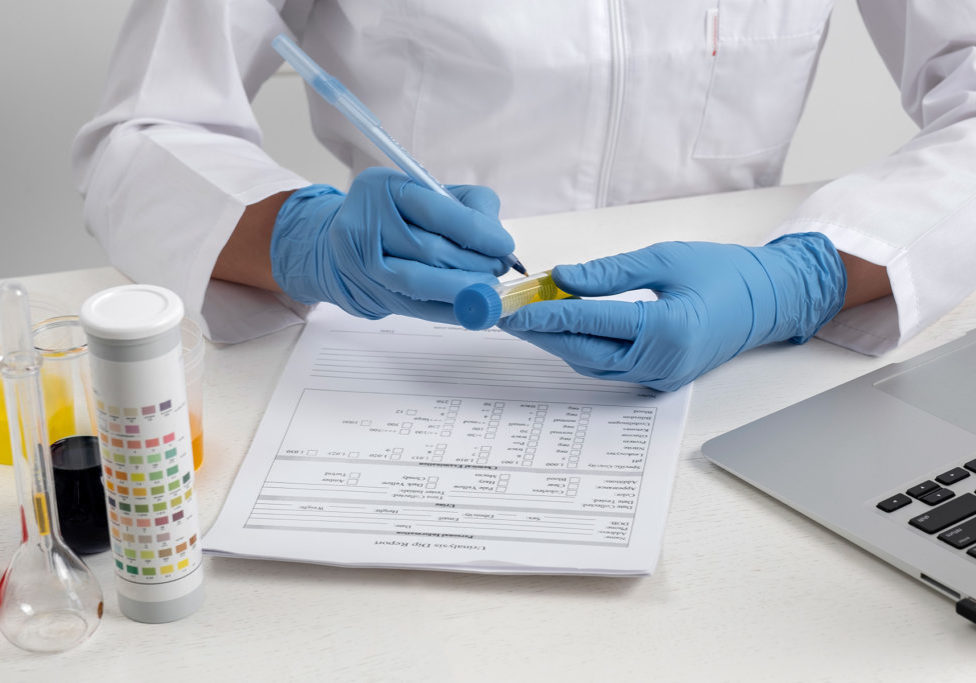In today’s increasingly data-driven world, it turns out that the key to reducing costly workers’ comp claims — drastically — lies in a powerful, deep-cutting pre-employment test that helps companies dodge the bullet of hiring team members prone to accidents.
So, let’s explore how cutting $100 billion in claims down to less than $50 billion isn’t just wishful thinking, but a new reality for businesses striving to create safer work environments.
Workers’ compensation claims cost U.S. employers an estimated $100 billion every year; 2.5M claims at an average payout of $40K. This is an unfortunate expense that most companies chalk up to an “act of god” — something you can’t prevent.
In many instances this is true. Accidents happen. But there are ways to mitigate this risk, beyond hiring excellent lawyers after a claim. We’re talking about slashing claims by more than half, by using a candidate’s own responses to a dedicated list of rigorously researched questions that help us see into their future at work.
1.5 Million Data Points

“We purchased the IntegrityFirst test in June of 2022,” says Fletcher Wimbush, CEO of The Hire Talent, Inc. “It’s a game-changing risk-management tool with vast potential to help companies with large front-line workforces in industries like health care, manufacturing, construction, logistics, retail, and hospitality.”
“Thanks to the test’s half century of use, it has accumulated evidence of success across more than 1.5 million data points, making it one of the most well-researched pre-employment assessments on the market. Within that massive data pool, it has driven down workers’ compensation claims by an average of 57%.”
1.5 million data points means there were 1.5 million people who took this exam, and their employment history was reviewed. Workers’ comp claims were cross-referenced to their answers on the test, and the result was that test scores reliably predicted the candidates who were likely to saddle their employer with costly future claims.
How the Test Works

Over the past 50 years, I/O psychologists and data scientists have honed and identified key psychological traits that guide an individual toward riskier behavior. The pre-employment test in question is called the IntegrityFirst Assessment.
This test not only helps hedge against workers compensation claims, but also supports a 30% reduction in turnover in the test pool study. It works by identifying employees who admit to a belief that it’s acceptable to engage in hostile actions, workplace violence, drug use, lying, theft, and other risky behaviors.
As author and activist Maya Angelou once said, “When people show you who they are, believe them the first time.”
Predicts Safety Compliance
Integrity tests such as the IntegrityFirst Assessment have been found to have a direct relationship to safety compliance. Research suggests that people who break rules related to theft and substance abuse are also likely to break safety rules.
Studies have shown a substantial correlation between unsafe behavior, workplace theft, and substance abuse (Gruys & Sackett, 2003; Marcus et al., 2016). By identifying and avoiding the hiring of candidates with these traits, companies can create a safer work environment and massively reduce workers’ compensation claims.
A Widespread Problem

SAMHSA reports that almost 16 million U.S. employees admit to using illicit drugs, and drugs and alcohol are a factor in 65 percent of all on-the-job accidents, according to the U.S. Department of Labor. About 8% of all workplace fatalities result from drug overdoses at work, yet proof of drug and alcohol use doesn’t always let employers off the hook for paying workers comp claims — even when the employee was under the influence at the time of the accident.
But we’re not just talking about drugs and alcohol. Theft and extortion are the negative byproducts of an unhealthy mental attitude. Travelers Indemnity Company estimated that 30-50% of the workers’ compensation cases they reviewed were based on false pretenses, stemming from a lack of integrity.
How the Test Was Created
The IntegrityFirst Assessment was developed following the Standards for Educational and Psychological Testing, as created by the American Psychological Association (APA), the American Educational Research Association (AERA), and the National Council on Measurement in Education (NCME).
It also complies with all federal and state laws, as well as the EEOC Uniform Guidelines on Employee Selection Procedures. The assessment is continually validated by leading Industrial Organizational (I/O) Psychologists at Eller College of Management at The University of Arizona. It has consistently proven to be highly accurate in measuring job candidates for drug & alcohol abuse, theft, lying, and hostility.
Building a Culture of Safety
We’ve all heard the old saying: one rotten apple spoils the bunch. The same is true when you’re building a company culture. By using the IntegrityFirst Assessment in the hiring process, businesses can start with a foundation of safety and compliance.
Building teams that are confident in each other’s competence and integrity can reduce turnover and increase productivity as it creates a safer workplace. Yet the unique benefit of this test is that it isn’t open only to massive corporations with equally massive budgets. It’s a simple, quick, easy-to-implement pre-employment test that identifies candidates who are more likely to adhere to safety rules and avoid dangerous behaviors.
This proactive approach to hiring not only benefits the company financially but also contributes to a positive work environment where employees feel valued and supported.
How to Use the Assessment

The IntegrityFirst Assessment offers a powerful and effective tool for companies looking to reduce workers’ compensation claims and improve their overall hiring process. The potential to cut workers’ compensation claims by 57% and significantly reduce employee turnover makes the IntegrityFirst Assessment a smart investment for businesses seeking to thrive in today’s competitive market.
To try the assessment with your job candidates, schedule a call today.











